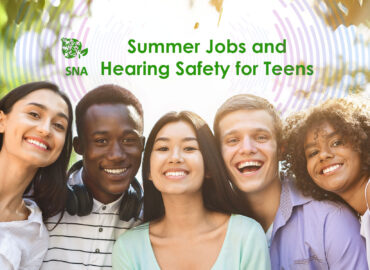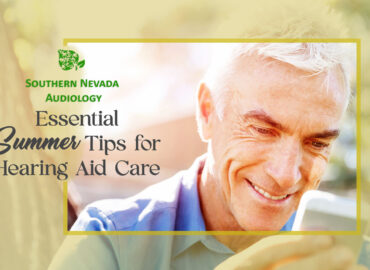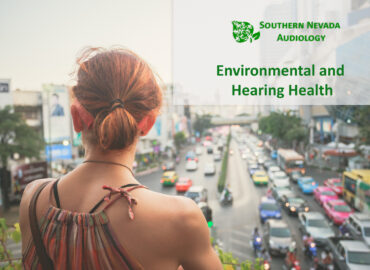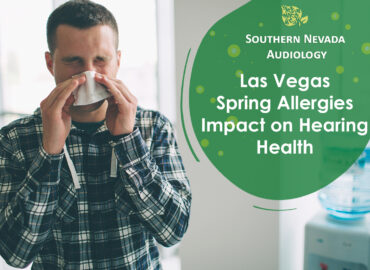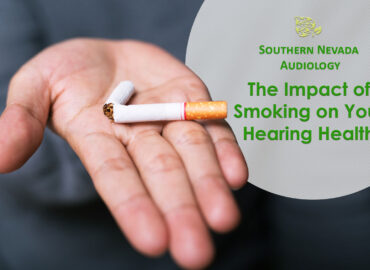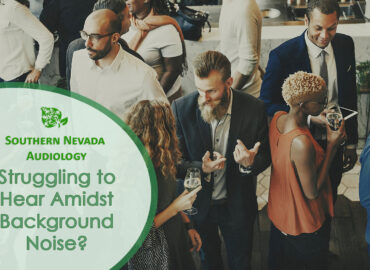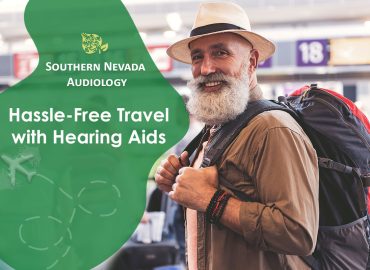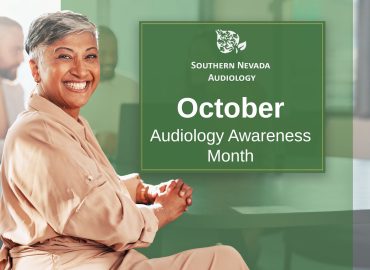Summer Jobs and Hearing Safety for Teens
Summer is a great time for teens to gain work experience, earn some extra money, and learn valuable life skills. However, some summer jobs come with potential risks to hearing health that teens and their parents might not be aware of. Whether it’s working at a busy restaurant, lifeguarding at a noisy pool, or mowing lawns, it’s important to take steps to protect young ears from damage. Here are some key tips to ensure hearing safety for teens during their summer jobs.
Understanding the Risks
Many common summer jobs expose teens to potentially harmful noise levels. For instance:
Landscaping and Lawn Mowing: The equipment used in these jobs, such as lawnmowers, leaf blowers, and trimmers, can produce noise levels well above the safe threshold (85 decibels).
Food Service: Working in a busy restaurant or café can mean constant exposure to loud music, kitchen noise, and a bustling environment.
Construction: Teens working in construction or related fields are often around power tools and machinery that generate high levels of noise.
Lifeguarding and Pool Maintenance: Pools can be surprisingly noisy environments, especially with the constant sound of water, whistles, and people.
Tips for Protecting Hearing
Use Hearing Protection:
Earplugs: Simple foam earplugs can reduce noise levels by up to 30 decibels and are inexpensive and easy to use.
Earmuffs: For higher noise environments, earmuffs can provide greater protection and are often more comfortable for extended wear.
Custom-Fit Protectors: For jobs with constant exposure to high noise levels, investing in custom-fit earplugs can offer superior comfort and protection.
Take Regular Breaks:
Stepping away from the noisy environment periodically allows the ears to rest and recover, reducing the risk of permanent damage.
Limit Exposure:
Encourage teens to limit their overall exposure to loud environments, both at work and during leisure time. For instance, if they work in a noisy place, they should avoid attending loud concerts or using headphones at high volumes during their off-hours.
Educate About Safe Listening Levels:
Teach teens about the importance of keeping the volume at safe levels when using earbuds or headphones. A good rule of thumb is the 60/60 rule: listening at 60% volume for no more than 60 minutes at a time.
Recognize the Signs of Hearing Damage:
Teens should be aware of signs of hearing damage, such as ringing in the ears (tinnitus), difficulty understanding speech, or a feeling of fullness in the ears. If they notice any of these symptoms, they should seek medical advice promptly.
Encourage Open Communication:
Teens should feel comfortable discussing any concerns about noise levels or hearing protection with their employers. Many workplaces are required to provide hearing protection if the noise levels exceed certain limits.
Why It Matters
Hearing damage can be gradual and irreversible, impacting not just the ability to hear but also overall quality of life. By taking proactive steps to protect their hearing, teens can avoid long-term issues and continue to enjoy all the sounds of life without difficulty.
Final Thoughts
Summer jobs are a fantastic opportunity for teens to learn and grow, but it’s important to be mindful of the potential risks to their hearing health. With the right protection and habits, teens can safeguard their hearing while gaining valuable work experience. Encourage your teen to follow these tips, and they’ll be well on their way to a safe and productive summer job experience.

